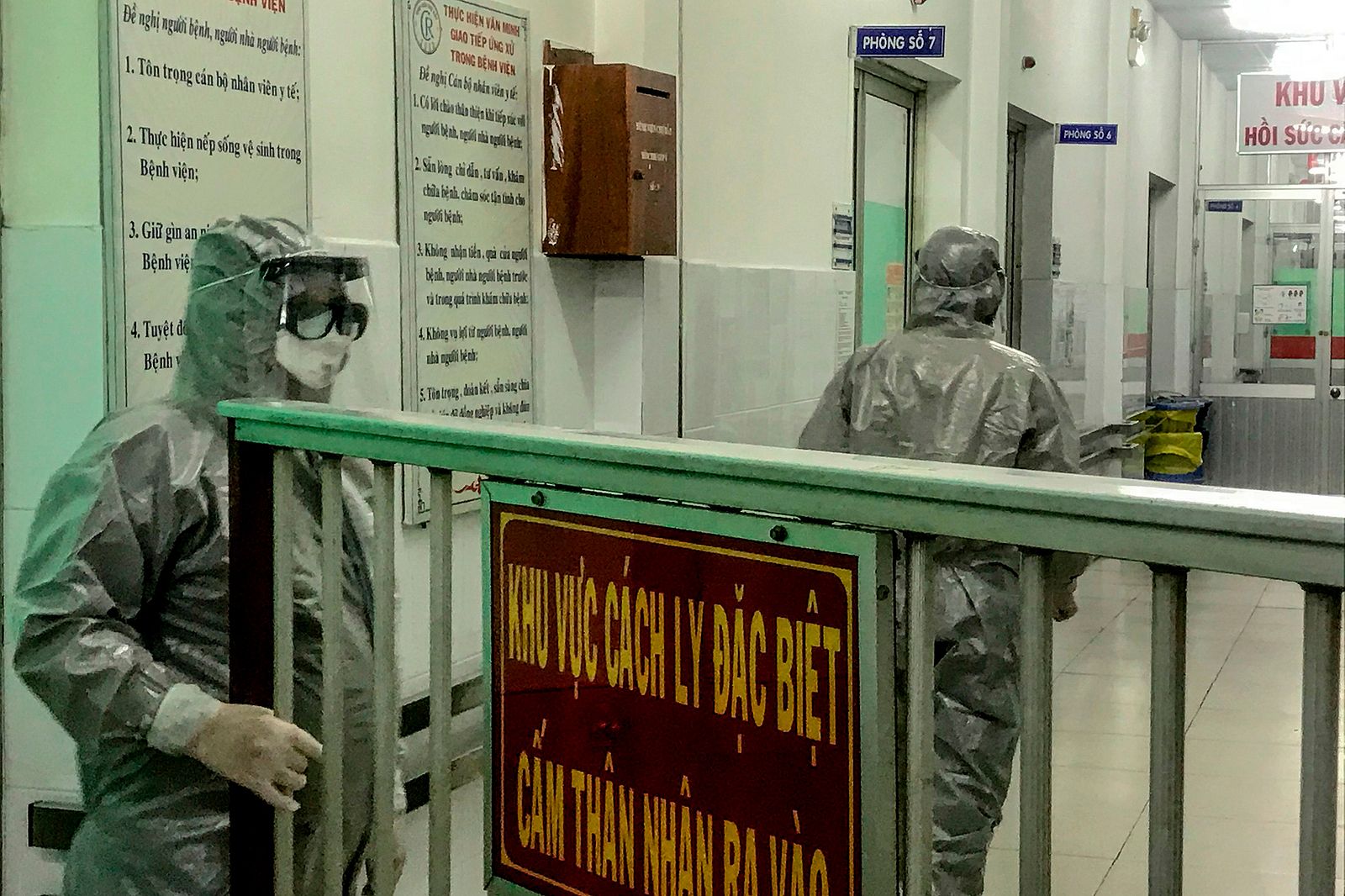The Vietnamese Ministry of Health may require rape victims seeking an abortion for a fetus older than 12 weeks to verify that they have been sexually assaulted.
Related Articles:
- 40% Of Pregnancies In Vietnam End In Abortion: Report
- [Video] What Happens When Vietnamese Try To Use A Condom For The First Time
- Female Viagra May Be Coming To A Pharmacy Near You
In a new draft law on population, the Ministry of Health aims to ban abortions over 12 weeks except in cases of rape, incest and serious medical complications which may affect the woman or the fetus, reports Tuoi Tre.
Though the ministry is still collecting feedback regarding the law, this particular provision has sparked controversy among the general public. Many feel that requiring proof of rape is both insensitive and traumatic to the victim, while others have pointed out the difficulty that may arise in determining how to verify such incidents.
Furthermore, what constitutes legitimate proof could also complicate the matter. According to Ha Hai, a lawyer from the HCMC Bar Association, the only means of obtaining legally recognized proof is through court proceedings. Hospital records and other non-legal documents would not do enough to verify rape.
While the draft law has some good intentions – mainly, an effort to curb the number of sex-selective abortions in Vietnam, in which female fetuses are often aborted in favor of males – Deputy Head of the General Department of Population and Family Planning Nguyen Van Tan, worries that women who cannot provide such evidence will turn to illegal abortion clinics, putting them at greater risk.
Vietnam has one of the highest abortion rates in the world. The procedure is legal and widely available here, however limited sex education for unmarried couples means that abortion is sometimes used as a method of birth control rather than a last resort.
In recent years, Vietnamese health officials have made a concerted effort to lower the climbing abortion rate, which often includes young, unmarried women, while still keeping the procedure available to those who may need it.
At the moment, the law is still in its draft stages. There is currently no word on when the law may go into effect, if approved.
[Photo via MSN]














